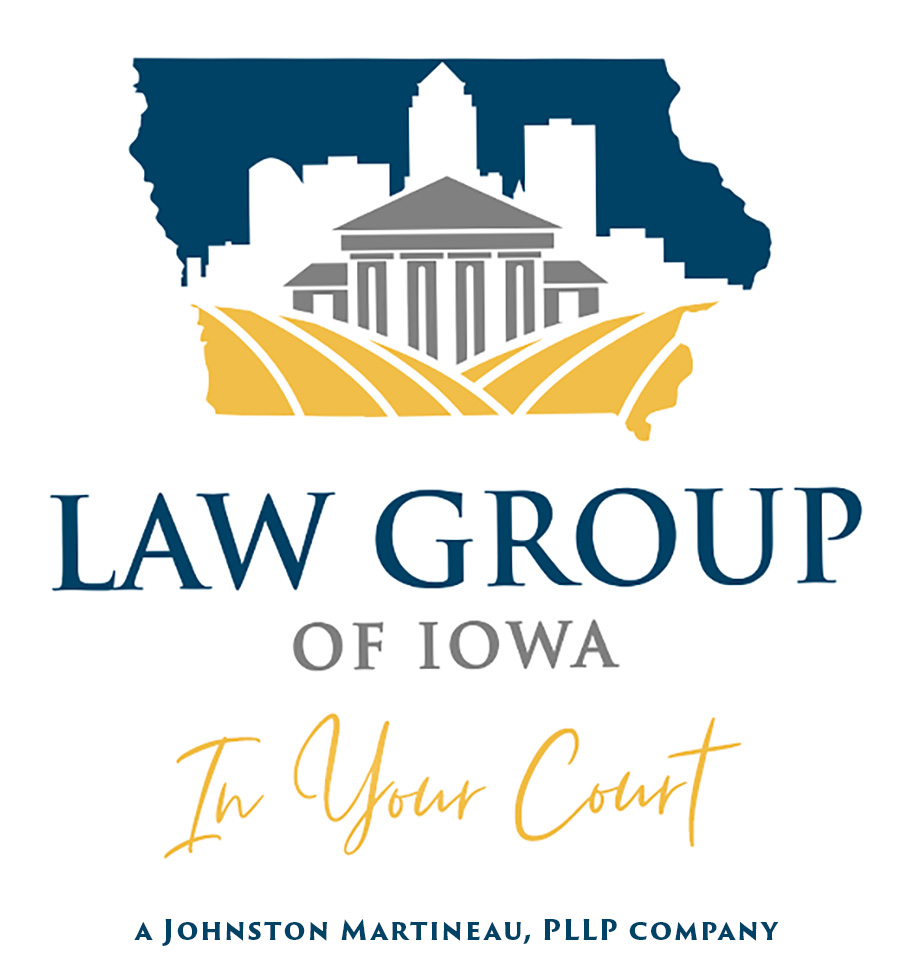Advanced Medical Directives
Advanced Medical Directive
Religion is a difficult territory to step into as an attorney or paralegal. Asking what someone’s religious views are can be cause for insult, confusion, or worry. But when you’re dealing with a client’s desired end of life care, it is important to have some understanding of their religious beliefs in order to best represent their needs and desires. Some religions have very different ideas about end of life care than the mainstream American might have, so it is important to ask a client if they have any religious concerns they want to incorporate into their Advanced Medical Directive.
Catholic Advance Medical Directives: An Example
As an example of the differences between a religion’s views on end of life, let’s look at the Catholic Church. The Catholic Church teaches that providing food and water to patients is a necessary and normal part of caring for the human person, regardless of if the patient is in a persistent vegetative state. The Catholic diocese of Arlington, Virginia, in their brochure on Advanced Medical Directives, has a sample Catholic Advance Medical Directive that explicitly states that feeding tubes, iv drips, or any other means of ensuring that the patient receives nutrition are considered natural and not invasive medical procedures.
Their Advanced Medical Directive also has a section that instructs the reader that 1) the person is either a Catholic or wishes to follow Catholic teachings for their death, 2) that they want their care to be informed by Catholic principles, and 3) if the agent of the Advanced Medical Directive or the care team does not understand how Catholic teaching relates to any particular procedure, then a Catholic priest or Catholic chaplain is to be consulted. Their document also includes basic moral principles the Catholic Church has, such as the right to consciously face death and reconcile with one’s creator and the right to discontinue treatment if it is believed that such treatment has too many risks, is too onerous, or would simply prolong an inevitable death.
Making the Advanced Medical Directive Reflect your Client’s Beliefs
The main issue with the Arlington Diocese Advanced Medical Directive is that it assumes that all Catholics share the same beliefs regarding Advanced Medical Directives. You may have one Catholic client who wishes to follow the teachings to a t, and another who generally agrees with the teachings but disagrees on feeding tubes, or any other possible combination. The best approach is to ask the client if they want their Advanced Medical Directive to include their religious beliefs, and then to ask if there are any specific beliefs about end of life care that they have. How do they feel about life support, how do they feel about organ transplantation, how do they feel about anything and everything? If they have religious principles that they want to see used for their treatment, take some time to draft what those beliefs are so that there is never a moment of confusion between the agent and the doctors. Creating and drafting a plan that includes your Advanced Medical Directive is an important step that should be taken with a legal professional.

